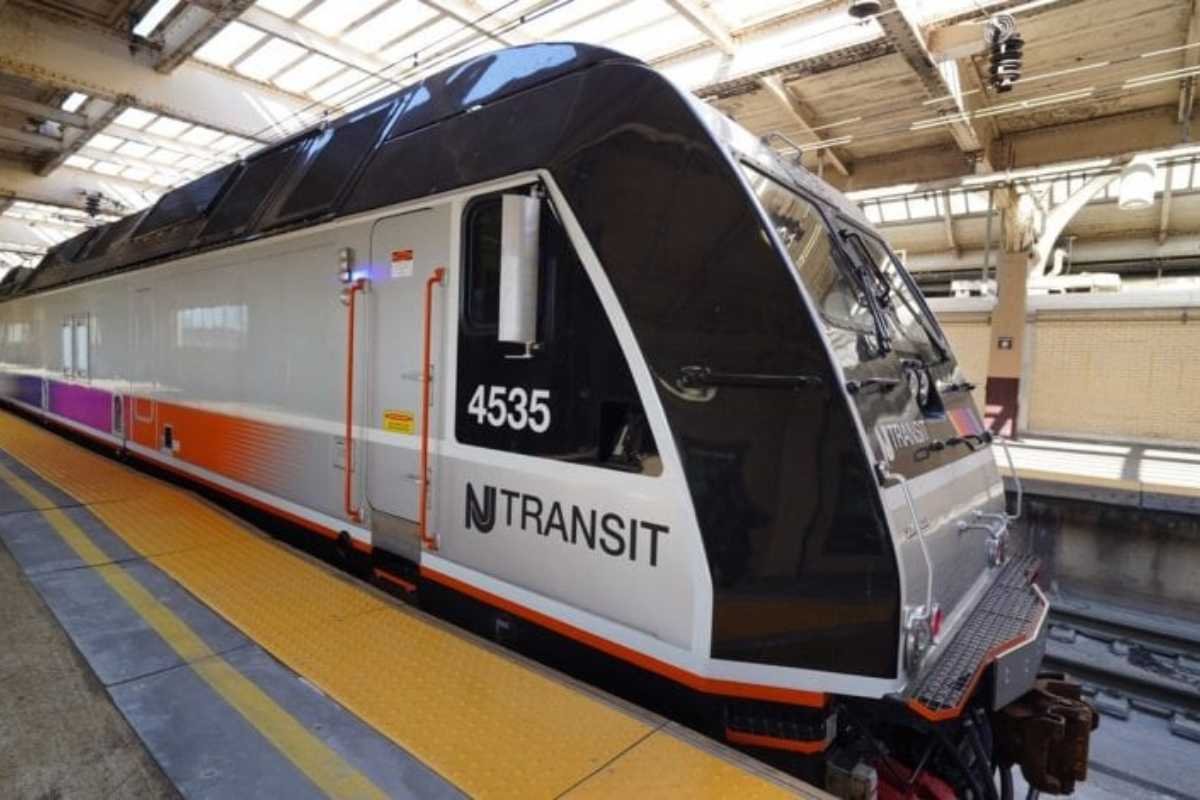Train service on the nation’s third-largest commuter rail system came to a standstill early Friday as NJ Transit Engineers began a strike following failed negotiations with management. The abrupt work stoppage has upended travel plans for over 100,000 daily commuters and is expected to generate ripple effects across the New York metropolitan area. A final round of talks between NJ Transit and the Brotherhood of Locomotive Engineers and Trainmen (BLET) concluded late Thursday without an agreement, prompting the labor action.
NJ Transit CEO Kris Kolluri and Governor Phil Murphy confirmed the breakdown of talks at a press conference Thursday night, citing an impasse over wage proposals. The strike, led by NJ Transit Engineers, comes just ahead of major events, including concerts by Shakira and Beyoncé at MetLife Stadium, compounding regional transit woes. Although bus service has been increased, officials admitted the alternate arrangements would serve only a fraction of displaced riders and urged residents to work from home if possible.
Union Cites Wage Disparities, NJ Transit Warns of Broader Costs
At the heart of the dispute is a wage gap between NJ Transit engineers and their counterparts at Amtrak and nearby railroads like the Long Island Railroad, Metro North, and SEPTA. A tentative agreement offering retroactive raises was overwhelmingly rejected by BLET members, who argue it still leaves them about 20% behind in compensation. Union leaders allege that NJ Transit has prioritized infrastructure spending over worker wages, pointing to expenditures on a new headquarters and other projects.
BLET claims its proposed contract would cost $4 million more annually than NJ Transit’s last offer, significantly less than the estimated costs of a prolonged strike. However, NJ Transit officials say agreeing to the union’s wage demands would trigger “me too” clauses in other union contracts, potentially escalating agency-wide costs to over $100 million annually. Kolluri emphasized that while he respects the union’s position, the financial implications of such clauses make their demands untenable. Talks are scheduled to resume by Sunday, though no immediate resolution is in sight.
Uncertain Duration, No Federal Intervention Yet
Unlike freight railroads, which have seen swift Congressional intervention during labor disputes, commuter rail strikes like this one have historically lasted weeks or even months without federal action. So far, there has been no indication that Congress plans to intervene. The last major NJ Transit strike occurred in 1983 and lasted a month. Similar long-lasting strikes occurred at other regional systems in the 1980s, including a 108-day walkout at SEPTA.
Meanwhile, the union warns that continued staff attrition threatens the future of NJ Transit’s operations. With the cost of training a new engineer estimated at $250,000 over two years, BLET argues the agency faces long-term challenges unless it offers competitive pay to attract and retain NJ Transit Engineers. As the strike enters its initial days, commuters, concertgoers, and businesses across the region are bracing for widespread disruptions, with no clear end in sight.
Visit more of our news! CIO Women Magazine.









